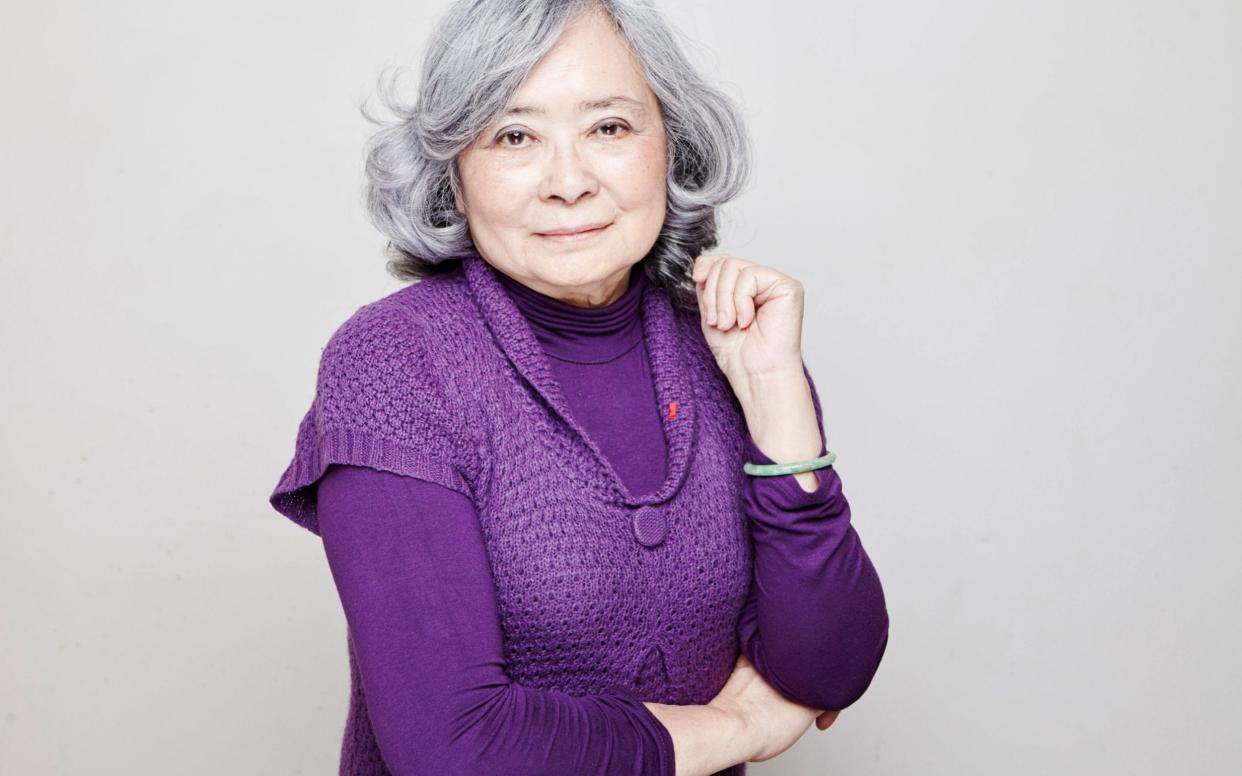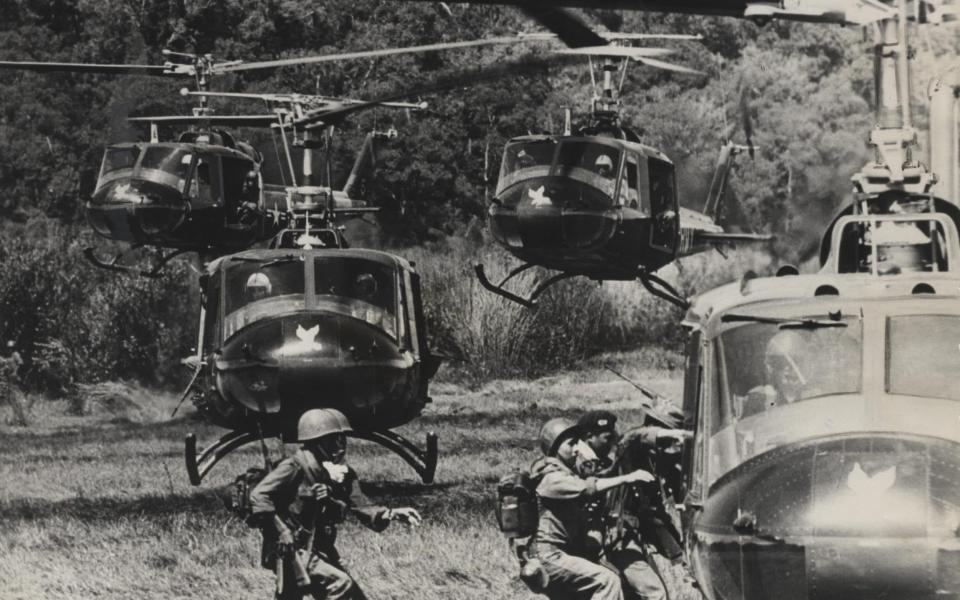Agent Orange trial opens as woman seeks 'historic' ruling as first Vietnamese civilian victim

Fourteen multinationals went on trial on Monday accused of causing grievous harm to a French-Vietnamese woman by selling Agent Orange to the US whose military used millions of tons of the toxic chemical in the Vietnam War.
Lawyers for the plaintiff and NGOs have hailed the trial in France as potentially “historic” as a guilty verdict would be the first time a Vietnamese civilian was deemed a victim of the defoliant, which contains harmful dioxins.
As part of American’s Ranch Hand military campaign to halt the advance of Communist North Vietnamese troops, the US military sprayed an estimated 76 million litres (20 million gallons) of Agent Orange between 1961 and 1971.
The stated aim was to deprive enemy combatants of cover and destroy crops.
But NGOs say that as well as destroying plants, polluting the soil and poisoning animals, it also caused health problems such as cancer and malformations in up to three million humans in Vietnam, Cambodia and Laos.
The US officially ended the use of defoliant chemicals in the war in 1971, and withdrew from Vietnam in 1975, defeated by the Viet Cong after 20 years of conflict.
To date, only military veterans - from the US, Australia and Korea - have won compensation for the after-effects of the chemical whose toxicity is estimated to be around 13 times that of herbicides in civilian use such as glyphosate.
In 1984, seven chemical companies settled with US veteran plaintiffs to the tune of $250 million after 16,000 complained exposure had caused rare forms of cancers, nerve damage, liver disorders and skin problems. They also claimed it resulted in miscarriages by their spouses and birth defects in their children.
However, civilian lawsuits have so far failed.

"A recognition of Vietnamese civilian victims would constitute a legal precedent", international law specialist Valerie Cabanes told AFP. NGOs also hope it will bolster a drive to pressure states to recognise “ecocide” as a crime. Almost 20 per cent of Vietnam’s forests were affected by the chemical.
The case centres on 78-year old Tran To Nga who worked as a journalist and activist in Vietnam in her 20s.
She filed the lawsuit in 2014 against 14 firms that made or sold Agent Orange, including Monsanto, now owned by German giant Bayer, and Dow Chemical.
Speaking before the trial, Ms Nga said: ”I’m not fighting for myself, but for my children and the millions of victims.”
Today she suffers from typical Agent Orange effects, including type 2 diabetes and an extremely rare insulin allergy. She said she also contracted tuberculosis twice, developed a cancer and one of her daughters died of a malformation of the heart.
“I was the first generation to bear the scars, my daughters were also victims and now my granddaughters have diseases. In my family alone, three generations have already suffered,” she said beforehand.
“I’m almost 80. I’m the only person who can do this. If I disappear, then everything disappears with me. What I truly want is for millions of victims to take hope after this trial.”
The multinationals argue that they cannot be held responsible for the way the American military used their product at a time of war and that US authorities, not the suppliers, are responsible.
At the court in Evry, outside Paris, Jean-Daniel Bretzner, a lawyer for Bayer-Monsanto, argued on Monday that his client had acted “under the orders of a state and on its behalf” and thus should enjoy jurisdictional immunity from prosecution.
As a result, he said, the French court was not competent to rule on the case.
The plaintiffs were expected to argue that the makers of Agent Orange misled the US government as to its true toxicity.
The trial continues.
Vietnamese authorities have kept a low profile over the case.
"There is a lot of sympathy for this trial all over Vietnam for whom this poisoning was a veritable tragedy," said André Bouny, a recognised expert on Agent Orange in Vietnam and author of Agent Orange: Apocalypse Viêt Nam.
"But it doesn't have the official support of the (Vietnamese) government, which is seeking good relations with the US" as a counterweight to Chinese influence in the region, he told RFI.

